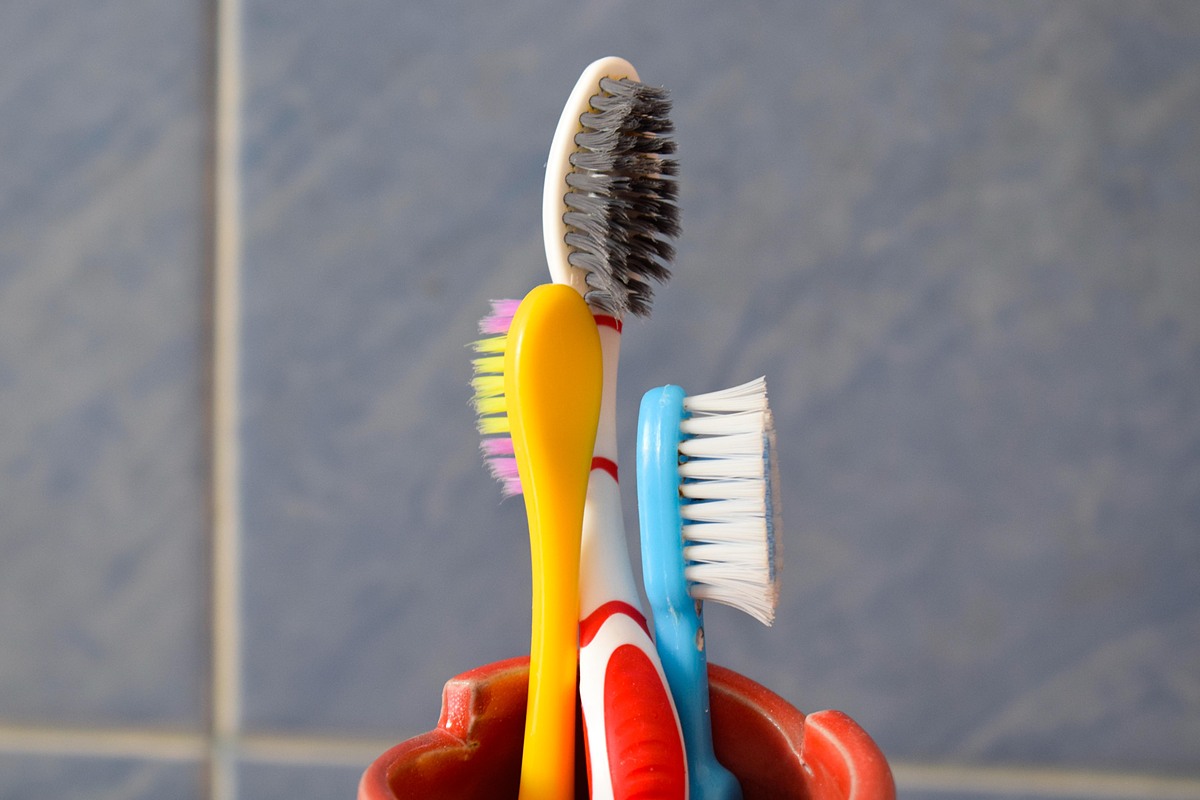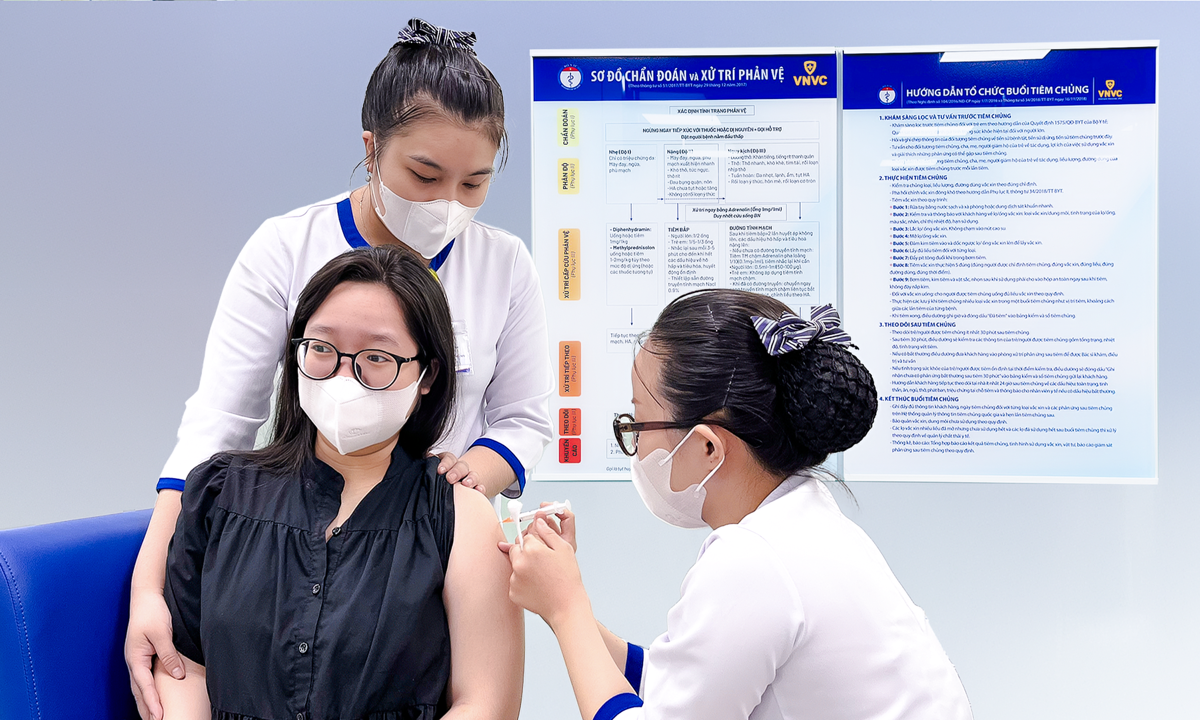Doctor Tran Huynh Tan, Medical Manager of VNVC Vaccination System, explains that the mouth harbors numerous bacteria and microorganisms that can cause disease. These can easily enter the body through minor cuts in the gums, tongue, or oral mucosa. Additionally, such wounds are susceptible to infection from environmental pathogens.
To prevent infectious diseases originating in the mouth, individuals should avoid the following habits:
Using toothpicks: According to Doctor Tan, while common, using toothpicks poses several risks. The sharp tip can scratch the gums, erode tooth enamel, cause gum recession, and expose tooth roots. Excessive force can even shift teeth and create gaps. During use, toothpicks can introduce bacteria from the environment or hands into the gums, increasing the risk of inflammation and infection, especially if the toothpick breaks and lodges between teeth.
Furthermore, if toothpicks aren't kept clean, are dropped on the floor, or reused, they can easily become contaminated. The bacterium *Clostridium tetani*, which causes tetanus, can enter through open wounds in the mouth. Symptoms include headaches, difficulty swallowing, stiff neck and shoulder muscles, and lockjaw. Without prompt treatment, the disease can rapidly progress, causing seizures, respiratory problems, and even death.
 |
Oral hygiene tools can harbor numerous pathogens if not stored properly. Illustration: *Vecteezy* |
Sharing oral hygiene tools: Sharing toothbrushes, tongue scrapers, and mouthwash cups can transmit infectious diseases. Even in healthy individuals, the mouth contains various bacteria, viruses, and fungi. Sharing personal hygiene items allows these microorganisms to spread through saliva or blood, increasing the risk of contracting diseases like hepatitis B and C, herpes, and HIV.
Hepatitis B, often called a "silent killer," can lead to chronic hepatitis B, which can progress to cirrhosis and liver cancer. Individuals with hepatitis B have a 200 times higher risk of developing liver cancer than the general population. About 15-20% of cirrhosis cases due to hepatitis B develop into liver cancer.
Removing tartar at home: Tartar, plaque that hardens on teeth and gums, should be removed by professionals using sterile, specialized equipment in a dental clinic. Attempting to remove it at home with unsterilized tools and improper techniques can damage gums, cause bleeding, and create open wounds, increasing the risk of infections, including tetanus.
Not replacing toothbrushes regularly: Over time, toothbrush bristles wear down, losing their elasticity and effectiveness in removing plaque. Failing to replace them leads to plaque and bacteria buildup, increasing the risk of cavities, gingivitis, and bad breath. Old toothbrushes also harbor bacteria, microorganisms that cause cavities, and oral fungi. These can persist on the bristles for extended periods, especially if the toothbrush isn't rinsed thoroughly and allowed to air dry after each use, increasing the risk of reinfection or prolonging existing oral infections.
 |
Young people receiving tetanus vaccines at the VNVC Vaccination Center. Photo: *Dieu Thuan* |
Prevention: Doctor Tan recommends adopting healthy oral hygiene practices, starting with replacing toothpicks with dental floss or interdental brushes for safe and effective cleaning between teeth without damaging gums. Avoid sharing oral hygiene tools, even with family members. Replace toothbrushes every three months or when the bristles show signs of wear. After use, rinse the toothbrush thoroughly and store it in a dry, well-ventilated area.
Vaccinations are crucial for preventing infectious diseases. For hepatitis B, Vietnam offers various single and combination vaccines that also protect against hepatitis A in a single dose for both children and adults. Combination vaccines like 5-in-1 and 6-in-1, which include hepatitis B protection, are available for children.
For tetanus, Vietnam provides various vaccines, including single-dose and combination vaccines such as 6-in-1, 5-in-1, 4-in-1 (diphtheria, pertussis, tetanus, polio), 3-in-1 (diphtheria, pertussis, tetanus), and 2-in-1 (diphtheria, tetanus). Depending on age and vaccination history, doctors will recommend the appropriate vaccine and schedule. Booster shots are needed every 10 years, or sooner if there's a wound. For those fully vaccinated, only a booster shot is necessary for a wound, and tetanus antitoxin isn't required.
Binh Nguyen












